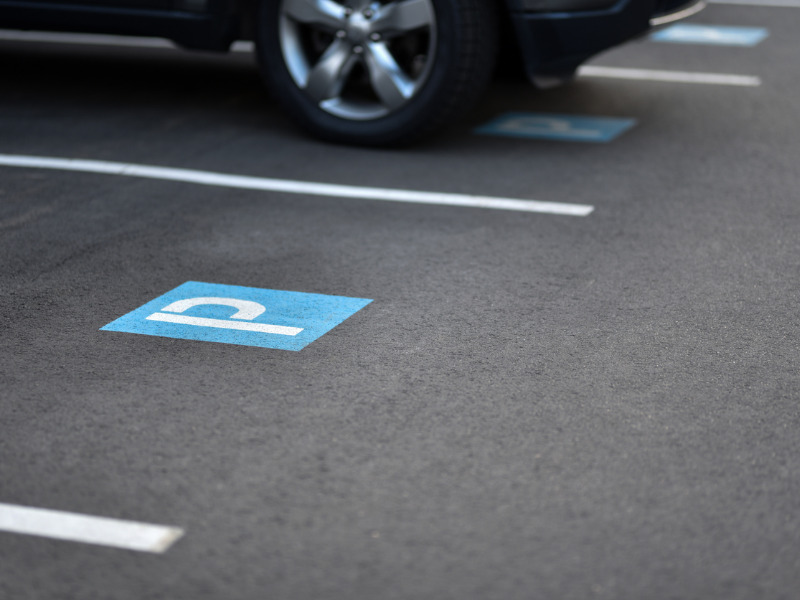Tribunal dismisses small claim from strata corporation in damaged parkade gate incident

British Columbia’s Civil Resolution Tribunal (CRT) recently dismissed a strata corporation’s claim against lot owner Julia Boyle who allegedly contravened a bylaw by not using her own fob to enter the strata’s parkade, resulting in the damage of the vehicle as well as the parkade gate.
The strata’s reliance on inapplicable bylaws as justification for their case resulted in the tribunal dismissing their claim for repair reimbursement.
In The Owners, Strata Plan BCS 2583 v. Boyle, released Dec. 7, the strata corporation said that a vehicle driven by Boyle’s guest collided with the strata’s overhead parkade gate due to improper operation of the gate fob.
The strata corporation requested an order for Boyle to pay $6,354.15 — the cost of gate replacement and emergency call out expenses.
But Boyle said her guest’s vehicle, in which she was a passenger at the time of the incident, did not collide with the gate and that the incident was a result of a faulty gate sensor.
They had followed another car through the open gate without using a fob when the gate hit the mid-roof of her guest’s car, which the sensor failed to prevent from coming down while they were still under it.
Boyle, who represented herself in the case, countered that she was not responsible for paying to repair the damages.
Under SPA section 72, the strata is responsible for repairing and maintaining common assets and common property — of which the parkade gate would be considered. However, the strata corporation argued that the damage was caused by improper fob use by Boyle and her guest, leaving her responsible for the damages.
The strata corporation relied on several bylaws to support its position, including bylaw 44(o) which says, “a resident must not enter or exit the parking garage without using their own fob for access,” an argument that the CRT rejected.
Ultimately, the CRT found that Boyle was not liable to reimburse the strata corporation for the gate repair costs because — according to SPA section 133 — “in order to charge an owner for repair costs under SPA section 133, a strata corporation must first give written notice as required under SPA section 135,” CRT member VP Kate Campbell wrote in the ruling.
SPA section 135 says a strata corporation may not require a person to pay the costs of remedying a contravention unless the strata corporation has given the owner the details of the complaint in writing and a reasonable opportunity to answer the complaint.
It was found that Boyle had not been notified by the strata corporation of the applicable bylaw she allegedly contravened.
While both parties provided evidence and submissions on whether the gate sensors were operating correctly and whether it was reasonable for Boyle and her guest to follow the car in front of them into the parkade without using a fob, CRT member VP Kate Campbell found these factors to be indeterminate in the dispute.
“Without knowing what bylaw has allegedly been breached, an owner cannot have a reasonable opportunity to respond to a complaint about a bylaw breach,” wrote Campbell. “Since the strata did not give Ms. Boyle notice of an alleged breach of bylaw 44(o) before imposing the chargeback, I find she is not liable to pay…”
The final decision saw Boyle as the successful party with the strata corporation disallowed from charging her any dispute-related fees.
Feature image by iStock.com/Oleksandr Filon







